When you check your bank or credit card statement, you should understand most of the charges and credits. But every once in a while an unfamiliar charge can show up – one you may be confused about is “CPC/SCP.”
Fortunately, it’s a common code that signifies purchases made from Canada Post. If you still can’t remember buying something at Canada Post, try to remember if you paid for postal services, duty charges, or shipping products. This way, you can avoid filing an unnecessary chargeback request.
Key Takeaways
- 'CPC/SCP' stands for “Canada Post Corporation/Société Canadienne des Postes,” i.e., Canada Post.
- The CPC/SCP code can appear when you buy items like stamps and envelopes or pay for shipping.
- CPC/SCP charges can also appear for customs or duty charges.
Never miss an amazing deal again + get our bonus 250+ page eBook for FREE. Join 50,000 other Canadians who receive our weekly newsletter – learn more.
What does CPC/SCP stand for?
"CPC" stands for the “Canada Post Corporation” and “SCP” for its French equivalent, the Société Canadienne des Postes. Canada Post is a Crown Corporation owned by the federal government that delivers letters and packages to 17.4 million addresses across Canada.
Whenever you buy a product or service from Canada Post using your credit or debit card, the transaction will be labelled "CPC/SCP" on your bank or credit card statement.
What are CPC/SCP charges?
CPC/SCP charges show up on your bank or credit card statement if you purchased a Canada Post product by phone, mail, or online. Or (if you have a Canada Post account), the website may have automatically charged any new purchases to the credit card on file.
Here are some of the things that may show up as a CPC/SCP charge:
- Boxes, bubble mailers, and envelopes
- Collectible and commemorative coins and stamps
- Courier and registered mail services
- Customs and/or duty fees
- Gift cards
- Locker, mailbox, and post office box rentals
- Money orders and money transfers
- Shipping and express shipping costs
Canada Post only accepts cash and debit cards for money orders and transfers, so those specific "CPC/SCP" transactions will appear on your bank statement, not your credit card statement.
Other common merchant names
Before using a payment network such as American Express, Interac, or Mastercard, each company must register a unique merchant name, which is then attached to every credit or debit transaction it creates.
Merchant names – not to be confused with merchant category codes – are usually limited to 25 letters, numbers, spaces, and/or symbols and are easy to interpret.
- Visa encourages merchant names that closely resemble business names and asks chains and franchises to assign each location a unique ID
- Airline ticket purchases must include the airline’s name and a unique identifier
- Fuel chains must include either a location label or number
But while transactions like "STORE NAME, CITY NAME", “UTILITY COMPANY *ACCOUNT NO.,” or “FRANCHISE NAME, ####” are fairly straightforward, many are not.
Here are a few common credit card charges puzzling Canadians:
| Charge | Source |
|---|---|
| AMZN Mktp CA, AMZN.COM/BILL, AMAZON SERVICES | Amazon.ca |
| BCF | B.C. Ferries |
| BPI | Balance Protection Insurance |
| CHV#### CITY NAME | Chevron |
| CLK | Click Bank |
| FEE | Fees charged by credit card issuer |
| MFS | XBOX |
| MSFT | Microsoft |
| PCS | Premier Fitness |
| RCSS #**** CITY NAME | Real Canadian Superstore |
| RD Canada Internet | Reader’s Digest |
| SQ* or gosq.com | Square Purchases (a common point-of-sale software used by many small retailers) |
| STAPLS**************** | Staples |
| STREET NAME, CITY NAME | Esso |
| TM | Ticketmaster |
| TSC | The Shopping Channel |
| WF/CA********** VANCOUVER BC | Wayfair |
Credit and debit card charges aren’t the only things with a merchant name attached. Mysterious adjustments, credits, or refunds can also appear in your transaction history:
| Deposit | Source |
|---|---|
| ADJUSTMENT, CREDIT | Chargeback initiated by credit card issuer |
| PAYMENT - THANK YOU | Payment initiated by credit cardholder |
| CANADA PRO | Working Parent Family Bonus (Alberta only) |
| CANADA RIT | Canada Return Income Tax/Tax Return Refund |
| CCB | Canada Child Benefit |
| CCC | Canada Caregiver Credit |
| CCR | Canada Carbon Rebate (formerly known as Climate Action Incentive Payment) |
| CDB | Child Disability Benefit |
| CERB, CRB, CRCB, CRSB, CWLB, CESB | COVID-19 Benefits (now closed) |
| CIC ONLINE/CIC EN LIGNE | Citizen and Immigration Canada Secure Online Services |
| CPP | Canada Pension Plan |
| CSA | Children’s Special Allowances |
| CTC | Canada Training Credit |
| CWB | Canada Workers Benefit |
| DTC | Disability Tax Credit |
| GST/HST | Goods and Services Tax/Harmonized Sales Tax credit |
| HATC | Home Accessibility Tax Credit |
| METC | Medical Expense Tax Credit |
| OAS | Old Age Security |
| OTB | Ontario Trillium Benefit (Ontario residents only) |
What to do if you don’t recognize a credit card charge
Multiple unrecognized transactions could be a sign of credit card fraud. Here are a few tips for ensuring you’re only on the hook for legit purchases:
- Contact the merchant: If you recognize the merchant's name but disagree with the charge, contact the company to ask for a refund.
- Research your bank’s transaction codes: Every bank labels internal transactions a little differently. For example, BMO marks paper cheque deposits as "CK" while Scotiabank and TD use “CHQ”.
- Review your shopping and subscription history: Some merchant names use unusual abbreviations or parent company names. For instance, FIDO, KOODO, and VIRGIN are interchangeable with ROGERS, TELUS, and BELL for billing purposes.
- Search the merchant name: A quick Google search may reveal the sinister charge from Sweden actually originated from Spotify, which has headquarters in Stockholm.
- Wait for the transaction to post: Most pending transactions resolve themselves in 2–3 business days, and most banks won’t investigate them anyway.
If you’re sure the charge has no business being on your account, contact your credit card issuer to place a hold on your card and request an investigation. You may be eligible for a refund via chargeback, but you’ll have to supply proof of fraud or misconduct and wait patiently for an investigator to resolve your case.
Always call the official phone number posted on a company website or printed on the back of your credit card. Calling the phone number listed in a merchant's name or attached to an unrecognized transaction may lead you deeper into a scam.
FAQ
What does CPC/SCP stand for on a credit card bill?
A CPC/SCP charge on your credit card bill represents a purchase made from Canada Post. The CPC acronym stands for Canada Post Corporation, and SCP is the acronym for the French translation, Société Canadienne des Postes.
What charges can CPC/SCP be for?
A CPC/SCP charge likely represents a purchase you made at a Canada Post location – but it can also represent a customs charge, duty charge, or an automatic charge made through your Canada Post account.
What should I do if I see a charge I don't recognize?
If you don't recognize a CPC/SCP charge (or any others for that matter), you should search your records and try to remember if you've purchased something in that amount. If you're unsure or simply can't remember, contact your credit card company to report it.
What is RCSS on your credit card statement?
RCSS stands for Real Canadian Superstore. You'll see this whether you're making purchases online or in-store. Of course, you won't see this on an American Express card – only a Visa or Mastercard as Amex cards aren't accepted there.
creditcardGenius is the only tool that compares 126+ features of 228 Canadian credit cards using math-based ratings and rankings that respond to your needs, instantly. Take our quiz and see which of Canada's 228 cards is for you.


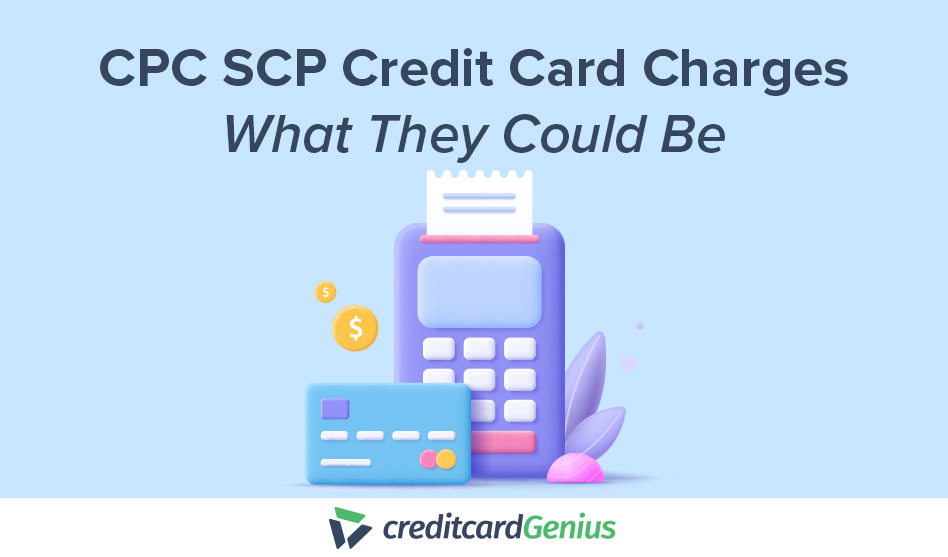











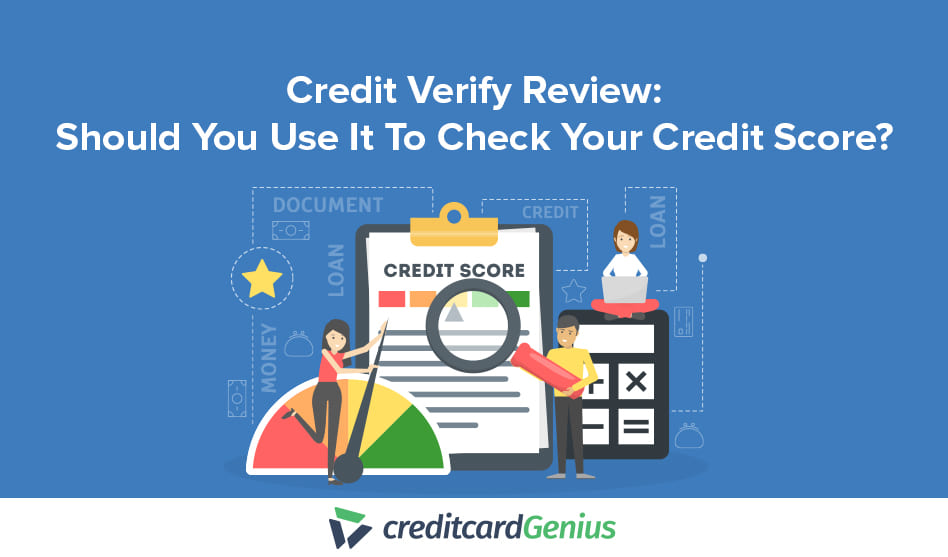
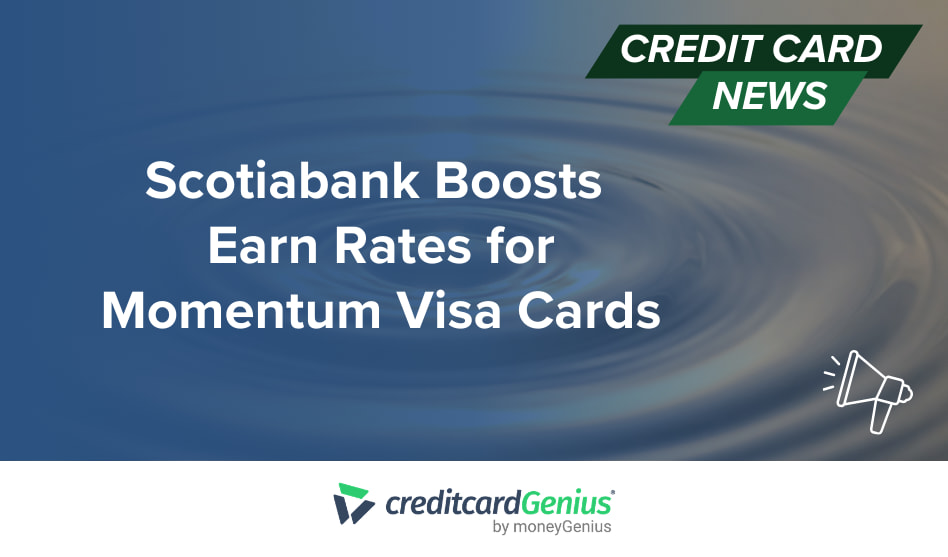
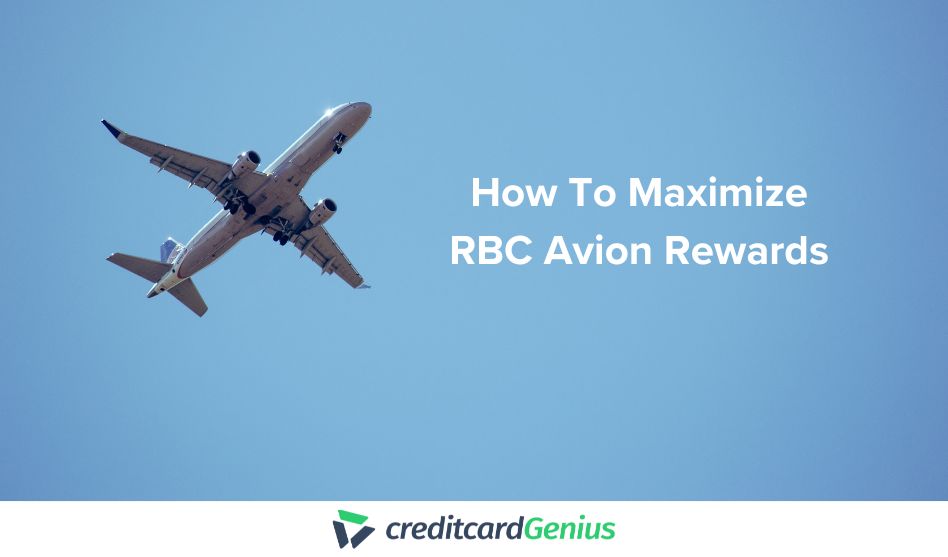
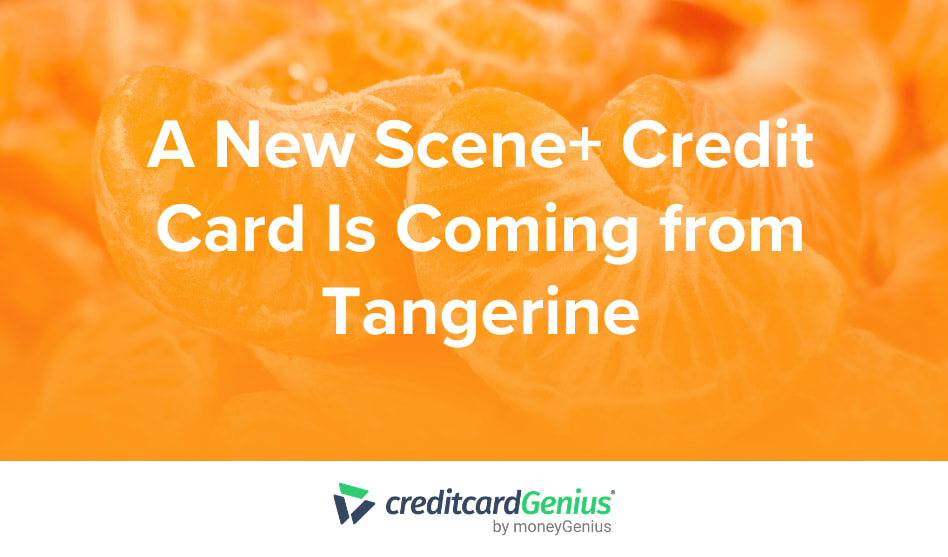




















Comments
Leave a comment
Required fields are marked with *. Your email address will not be published.
Showing 7 comments